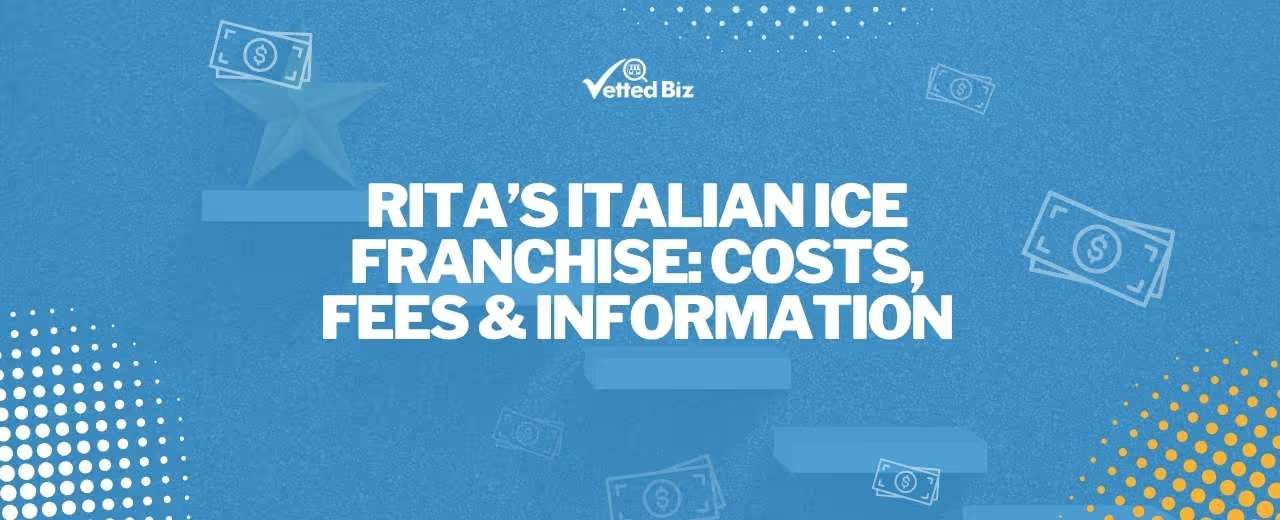Tabu Shabu restaurant specializes in traditional Japanese hot pot dishes, offering a variety of sauces and beverages in a modern setting. The franchise provides customers with a social and interactive dining experience centered around customizable hot pots.

Key Insights
- Tabu Shabu began with a vision to bring a unique and interactive dining experience to communities, focusing on high-quality ingredients and a communal cooking style that fosters connection. The business was built on the foundation of offering a fresh, healthy, and customizable meal option for diverse palates.
- The franchise operates by providing a streamlined yet customizable shabu-shabu experience. Patrons select their broth, protein, vegetables, and dipping sauces, then cook their ingredients at their table, creating a personalized and engaging meal.
- The business is positioned within the rapidly growing fast-casual dining sector, appealing to consumers seeking convenient, healthy, and experiential food options. This segment of the restaurant industry shows sustained interest from diners valuing both quality and engagement.

Franchise Fee and Costs to Open
Exploring the financial picture of Tabu Shabu gives insight into both the upfront commitment and the potential revenue opportunity. According to FDD Item 7, opening this franchise typically involves an investment in the range of $281,300 - $726,100, along with a franchise fee of $35,000 - $35,000.
Financial Performance and Revenue
Yearly gross sales of $722,823 and estimated earnings of $50,598 - $72,283 show the potential financial performance of this franchise. These figures are crucial for prospective franchisees as they help to project revenue and profitability. They offer insight into the business's ability to generate income and can be used to compare its performance against other investment opportunities. The Franchise Payback Period of 8.7-10.7 provides an estimation of the time it might take for an owner to recover their initial investment. This metric is a key consideration for anyone evaluating the financial viability of a franchise, as it relates directly to the speed at which the business can become profitable. A shorter payback period can indicate a faster return on capital, which is a significant factor in making an informed decision about a franchise investment.
Training and Resources
Tabu Shabu provides comprehensive training to new franchisees. This program offers in-depth operational guidance and culinary instruction. Initial training, lasting two weeks, takes place at Tabu Shabu's corporate headquarters. Resources include operational manuals and marketing support. Tabu Shabu also recommends ongoing engagement with their support team.
Legal Considerations
Legal considerations for a Tabu Shabu franchisee are defined by the Franchise Disclosure Document (FDD) and the Franchise Agreement. This franchise does not disclose lawsuits or bankruptcy information in its FDD, but prospective franchisees should still review all terms thoroughly. Consultation with a qualified attorney is essential before making commitments.
Challenges and Risks
Operating a Shabu Shabu franchise involves navigating local dining preferences and existing competition, requiring a strong understanding of community tastes. The intricate preparation and assembly of each order present operational complexity. Furthermore, securing consistent, high-quality ingredients for broths, meats, and vegetables is a crucial consideration, as it directly impacts the dining experience.



